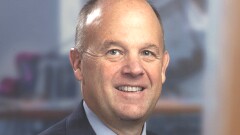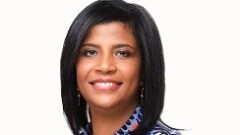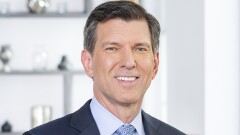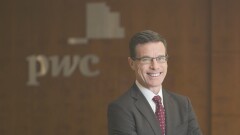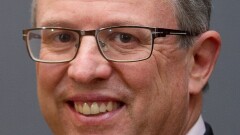Unsurprisingly, the Great Resignation was far and away the most urgent issue on the radar of this year’s Top 100 Most Influential People.
Recruiting and retaining talent, as well as making the profession as a whole more attractive to prospective accountants, were common answers to the question, “What is the most important issue currently facing the accounting profession?”
Additionally, the Top 100 mentioned other staffing concerns, such as diversity and inclusion, as meriting attention, along with challenges in a host of other areas, including the pending tax reform and the profession’s recent pivots into nonfinancial reporting and emerging technologies.
(To see the full responses of all the candidates for the Top 100, click



